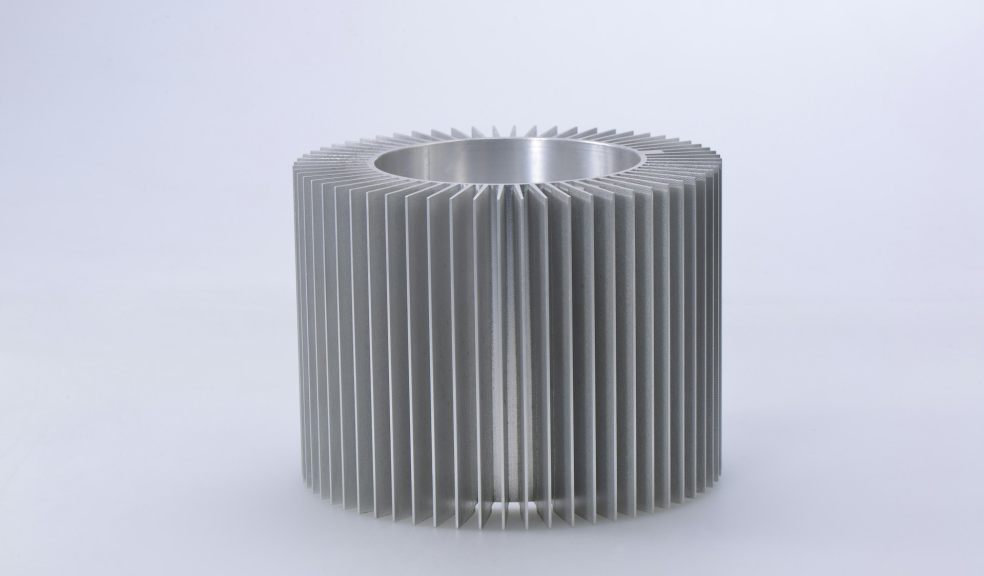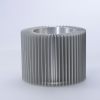
From Packaging to Aerospace: Aluminum's Versatile Applications
Aluminum stands as one of the most remarkable materials in modern industry, demonstrating an extraordinary range of applications that span from the simplest household items to the most sophisticated technological marvels.
This lightweight yet durable metal has revolutionized countless sectors, offering solutions that combine strength, corrosion resistance, and recyclability in ways that few other materials can match. From the aluminum foil in our kitchens to the fuselages of commercial aircraft, this versatile element continues to shape our world in profound and often invisible ways.
The Foundation of Modern Packaging
The packaging industry represents one of aluminum's most visible and widespread applications, touching virtually every aspect of our daily lives. Beverage cans, food containers, and flexible packaging materials all rely heavily on aluminum's unique properties to preserve freshness, extend shelf life, and protect contents from external contamination.
The advantages of aluminium in packaging applications are particularly evident in its ability to create an impermeable barrier against light, oxygen, and moisture – three primary factors that can degrade food quality and safety. This exceptional barrier performance, combined with aluminum's lightweight nature, makes it an ideal choice for everything from carbonated beverage cans to pharmaceutical blister packs.
The material's malleability allows manufacturers to create complex shapes and thin-walled containers that minimize material usage while maximizing protection. Furthermore, aluminum packaging can be recycled indefinitely without losing its essential properties, making it a cornerstone of sustainable packaging solutions in an increasingly environmentally conscious marketplace.
Transportation Revolution
The transportation sector has embraced aluminum as a game-changing material that addresses multiple industry challenges simultaneously. Automotive manufacturers increasingly utilize aluminum components to reduce vehicle weight, thereby improving fuel efficiency and reducing emissions without compromising safety or performance.
Modern cars feature aluminum engine blocks, body panels, wheels, and structural components that contribute significantly to overall weight reduction. In the maritime industry, aluminum's corrosion resistance makes it invaluable for shipbuilding, particularly for vessels operating in saltwater environments where traditional steel would require extensive protective coatings and maintenance.
Railway systems benefit from aluminum's strength-to-weight ratio in everything from passenger car bodies to electrical conductors, enabling faster, more efficient transportation while reducing energy consumption and operational costs.
Aerospace Excellence
Perhaps nowhere is aluminum's versatility more dramatically demonstrated than in the aerospace industry, where the material's exceptional properties have enabled humanity's conquest of the skies and exploration of space.
Commercial aircraft rely heavily on aluminum alloys for their fuselages, wings, and internal structures, where the combination of lightweight construction and structural integrity is absolutely critical. The material's ability to withstand extreme temperature variations, from ground-level heat to the frigid conditions of high altitude flight, makes it indispensable for aviation applications.
Space exploration has pushed aluminum applications to their limits, with spacecraft, satellites, and space stations utilizing specialized aluminum alloys that can endure the harsh environment of space, including radiation exposure, extreme temperature fluctuations, and the vacuum of space itself. The International Space Station, numerous satellite systems, and Mars rovers all depend on aluminum components to function reliably in these challenging conditions.
Building the Future
The construction and architectural industries have discovered aluminum's potential to create structures that are both aesthetically pleasing and functionally superior. Modern skyscrapers feature aluminum curtain walls, window frames, and cladding systems that provide excellent thermal performance while maintaining structural integrity over decades of use.
The material's resistance to weathering and corrosion eliminates the need for frequent maintenance, making it a cost-effective choice for long-term building applications. Aluminum's ability to be extruded into complex profiles enables architects to realize ambitious designs that would be difficult or impossible with other materials, contributing to the distinctive appearance of contemporary urban landscapes worldwide.



















